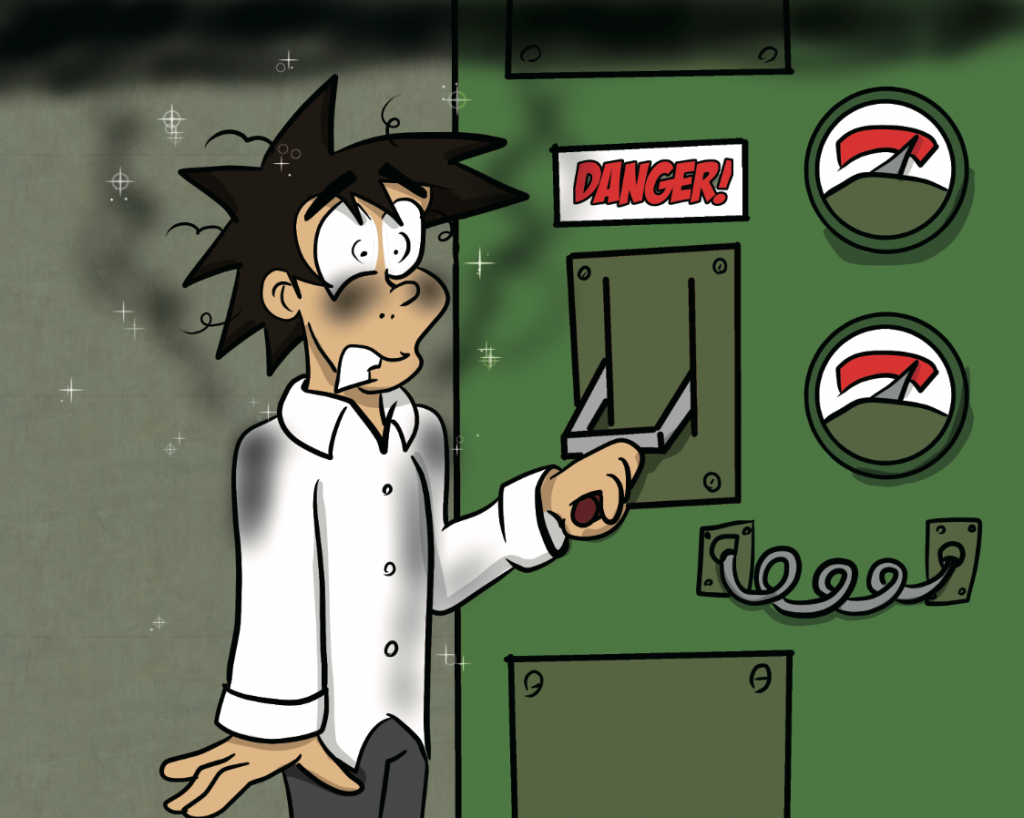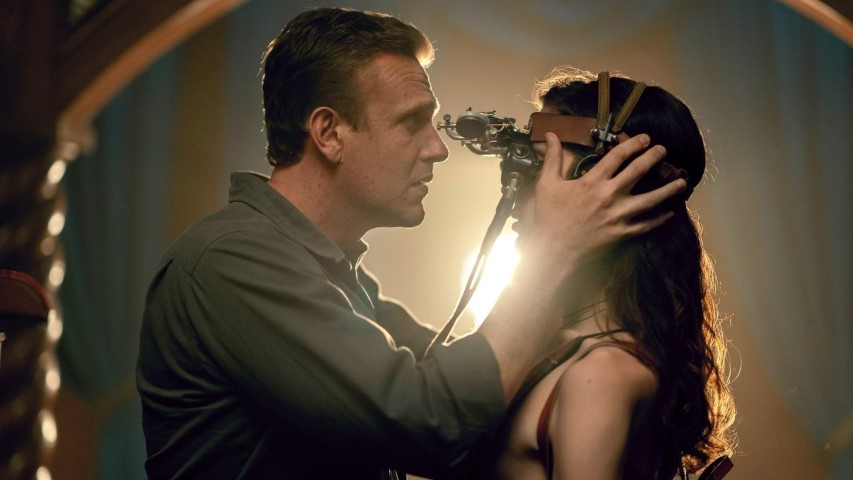
‘Power Grid’ board game review
By Ed Appleby, Illustrator
Flick on a light. This simple act is made possible by an extremely complex array of systems that brought the power from its raw source right to your fingertips. But to you, it’s as simple as a switch.
Power Grid is an economics-based game for 2–6 players designed by Friedemann Friese and published by Rio Grande Games in 2004. Players build homes across the map and power stations to supply the homes with electricity. The more homes you power, the more money you make and the more you can expand your grid. The first player to grow their grid to a predetermined size wins.
The economics system is one of the best representations of a supply and demand economy. Players need to buy resources such as coal, oil, rubbish, and uranium in order to power their power plants. The more players buy, the more expensive resources become. This forces players to consider what kind of power plants to purchase since some plants provide more energy for a cheaper cost, while others use wind power to supply fewer homes without spending resources, while other plants may be underused by the rest of the players, making resources plentiful.
The game isn’t short—I played for about three hours. But the structure of the rounds keeps each player engaged and the system for developing turn order gives weaker players an advantage and keeps the game close. Unlike other European games, there isn’t a tallying phase at the end of the game, so once the game ends you know the winner right away.
There are several expansions for Power Grid, but they don’t change a lot of fundamental gameplay and just provide new maps. You can build the infrastructure of America, Russia, Japan, Brazil, and many other nations.
There is a reason BoardGameGeek.com ranks Power Grid as the 13th Best Game of All Time. Like flicking on a light, it runs extremely smoothly despite some very complex mechanics. This game provides a challenge to serious players, but is simple enough for casual ones, so I would recommend this game to anyone with a few hours to burn.



